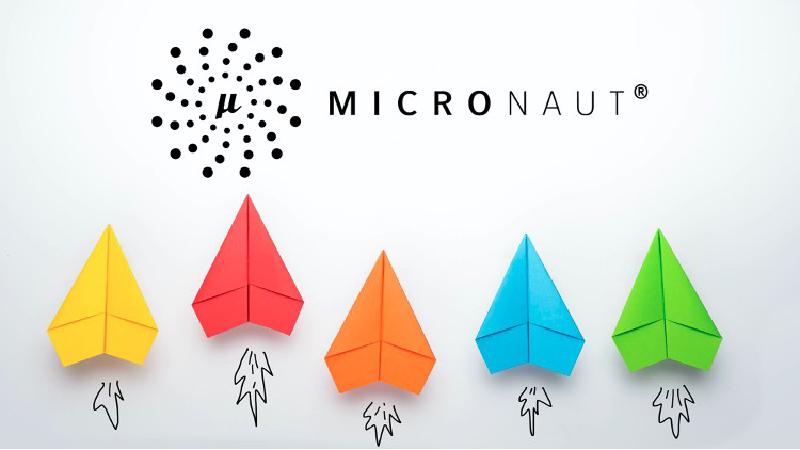Introduction
I’m an iOS Developer, but I want to delve into the Backend side. My company has utilized Micronaut - Kotlin to build APIs. Thus, I’ve decided to document this series to share my journey of learning Micronaut.
I have no prior experience with Backend or Micronaut, so there might be inaccuracies in this series. Please feel free to point out any mistakes.
What I’ll Learn
As mentioned earlier, I’m starting with no prior Backend knowledge. Fortunately, I found a course on Udemy. Although this course is based on Java, but I aim to implement it using Kotlin, so there might be differences. I plan to use the course’s table of contents as a reference for what I need to learn. Additionally, I will supplement my learning with the Micronaut Official Documentation as well.
For now, my plan is as follows:
- Why Micronaut? Pros and Cons
- Build a first Micronaut Application
- Set Up Multiple-Module Project
- Better Dependency Management Using buildSrc + Kotlin DSL
- Spin-off 1: (I will do those sections later)
- What is PostgreSQL?
- What is Docker Compose?
- What is pgAdmin 4?
- What is flyway?
- What is gradlePlugin?
- Integrating PostgreSQL Database
- Learn the essentials of Micronaut Data.
- A step-by-step journey into uniting a PostgreSQL database.
- Learn how to use the pgAdmin 4 tool to illustrate a database.
- Migration with Flyway
- Knowledge about the Flyway Plugin.
- Create the database with Flyway migration.
- Import data from csv file to PostgreSQL Database.
- Creating the first API
- A simple API retrieving data from the database and sending the list of data.
- Continue…
Why Micronaut?
I chose to learn Micronaut because my company has been using this framework for the backend side. That’s the primary reason why I opted for it. I believe that my CEO and my company have valid reasons for choosing it as the main framework for the backend.
Now, let’s delve into the pros and cons of Micronaut.
Pros
- Modern cloud native framework
- Reactive Stack
- Minimal memory footprint and startup time
- No byte code modifications during compilation
- Removes all levels of reflection usage
- GraalVM / Serverless cloud functions
- Multi Language support (Java, Groovy, Kotlin)
- Similar to Spring
Cons
- Slower compilation time (AOT)
- Smaller community compared to Spring

